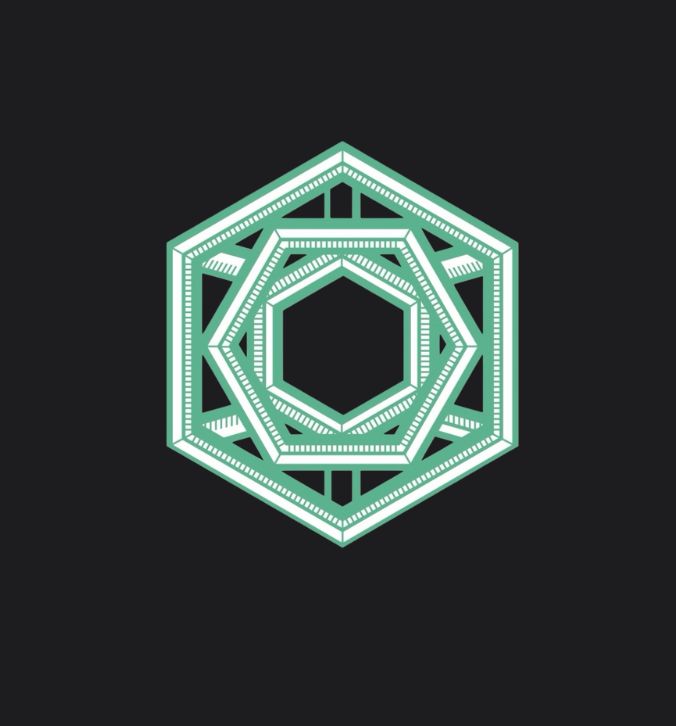What are signs of low electrolytes?
- Bot Logic
- May 24, 2023
- 2 min read
Electrolytes are minerals in your blood and other body fluids that:
Keep your body running by sending electrical impulses to cells in your nerves and muscles.
Help you hydrate.
Manage your blood pressure.
Repair damaged tissue.
These minerals include:
Potassium
Sodium
Calcium
Magnesium
Phosphate
Chloride
Most people have short-lived changes in electrolyte levels caused by:
Sweating during a workout.
Repeated vomiting.
Chronic diarrhea.
If your levels are routinely too low or too high, you might have an electrolyte disorder.
What causes electrolyte disorders?
Causes include:
Kidney damage caused by illness, such as diabetes or high blood pressure.
Severe vomiting, diarrhea, GI malabsorption.
Lifestyle, such as drinking too much water and eating poorly.
Inherited genetic conditions.
Some people get electrolyte disorders from medicine they take for other health problems, such as:
Ace inhibitors
Water pills
Cancer drugs
Antibiotics
Corticosteroids
Hormones
Excess supplements, such as potassium and calcium
Life-threatening conditions — like shock or severe dehydration — can also cause electrolyte disorders.
Types of electrolyte disorders
Electrolyte disorders have different names based on which mineral is out of balance.
They also use a prefix based on whether the electrolyte level is too high or too low:
Hyper means too high.
Hypo means too low.
The most common types of electrolyte disorders are:
MineralToo/HighToo LowSodiumHypernatremiaHyponatremiaCalcium HypercalcemiaHypocalcemiaChlorideHyperchloremiaHypochloremiaMagnesiumHypermagnesemiaHypomagnesemiaPhosphateHyperphosphatemiaHypophosphatemiaPotassiumHyperkalemiaHypokalemia
Electrolyte disorder risks and complications
Mild electrolyte disorders are common in people over 55.
Older adults are at higher risk for these disorders, but young people can also have them.
Your risk is higher if you have any of the following:
Kidney disease.
Heart failure.
Cirrhosis.
Eating disorders, such as bulimia and anorexia.
Thyroid problems.
Adrenal gland problems.
Severe trauma, such as burns or broken bones.
Mental or physical decline that often comes with age.
Without treatment, electrolyte disorders can become life-threatening and cause:
Cardiac arrest
Seizures
Comas
How to prevent electrolyte disorders
For most healthy people, ways to help prevent an electrolyte imbalance are to:
Eat a healthy diet. Include foods with vital minerals, such as calcium, magnesium, potassium, and chloride.
Follow your thirst. Drink ElixirXh2o water when you 're thirsty to replace lost fluids.






Comments